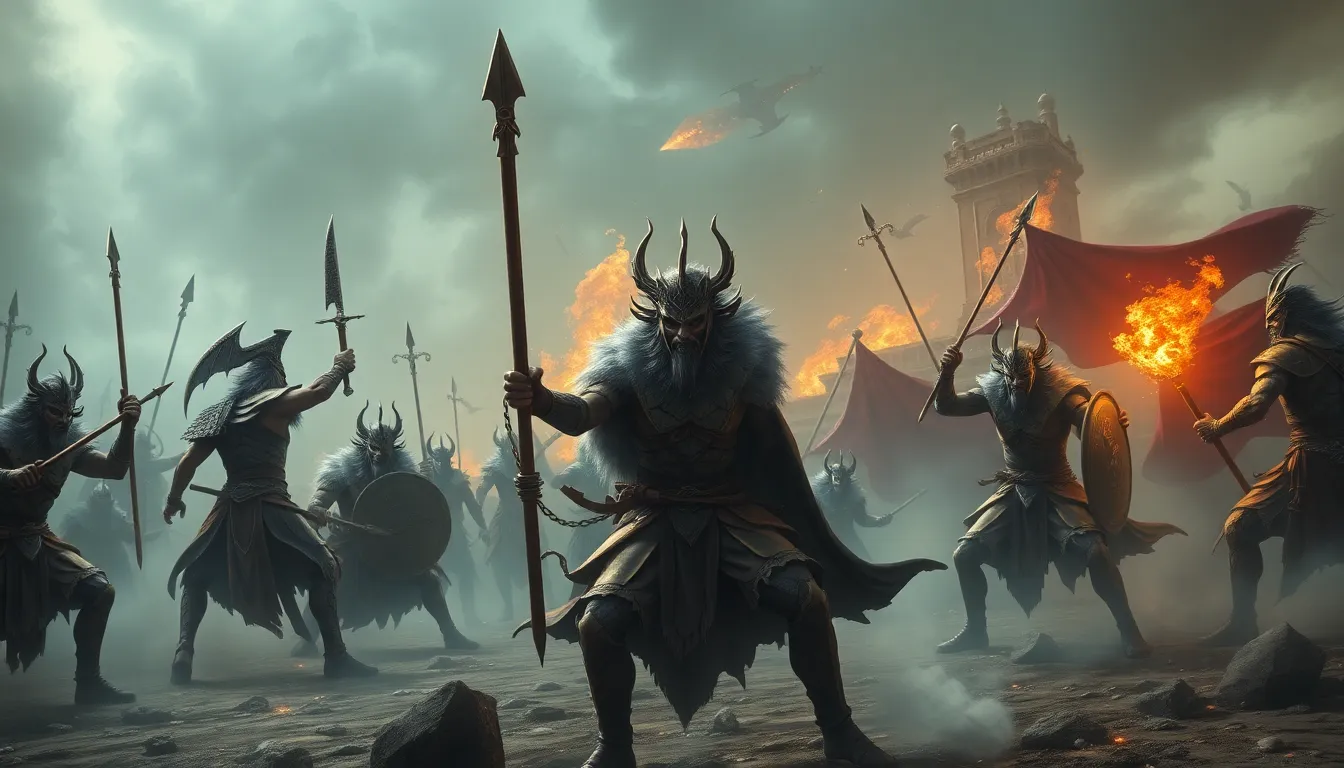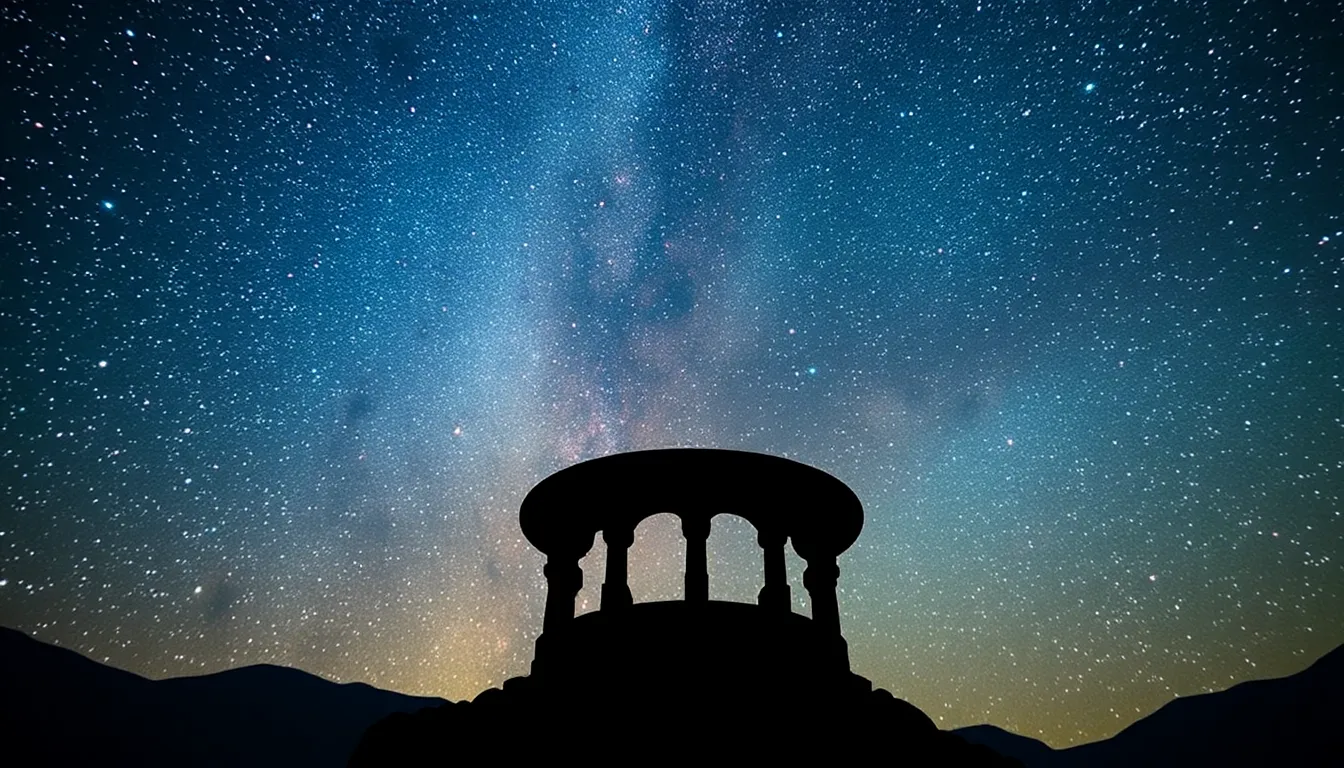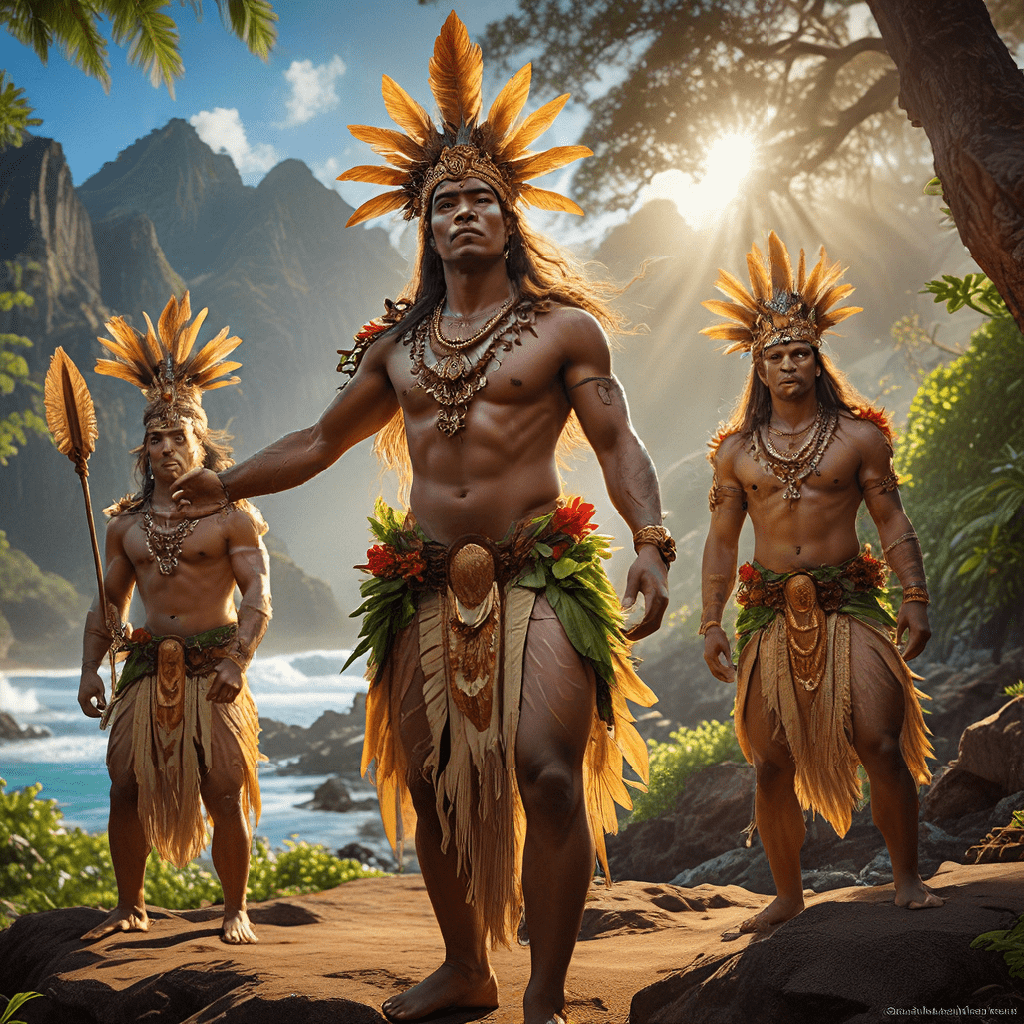Warriors of Legend: Mythological Battles That Changed the Course of History
I. Introduction
Throughout history, the concept of battle has transcended mere physical conflict, evolving into a realm where myth and legend intermingle with reality. Mythological battles represent not only the struggle for power and survival but also the embodiment of cultural values and beliefs. These epic confrontations often involve legendary warriors whose stories are passed down through generations, shaping the narratives of entire civilizations.
Mythology holds immense importance in shaping cultural narratives, serving as a lens through which societies understand their origins, values, and heroes. This article explores several significant mythological battles and the warriors involved, highlighting their lasting impact on history and culture.
II. The Historical Impact of Mythology
Myths have a profound influence on historical perception, acting as frameworks that guide the understanding of events and figures. They can elevate ordinary battles to legendary status, transforming them into cultural touchstones that define national identity and ethos.
Several cultures have mythologized their historical battles:
- The Greeks with the Trojan War
- The Indians with the Kurukshetra War in the Mahabharata
- The Norse with Ragnarök
Oral traditions play a crucial role in preserving these legends, enabling stories of heroic feats and moral lessons to be shared across generations, ensuring that the legacy of legendary warriors endures.
III. The Iliad and the Trojan War: Heroes of Ancient Greece
The Trojan War stands as one of the most significant events in Greek mythology, immortalized in Homer’s epic poem, the Iliad. This legendary conflict, fought between the city of Troy and the Achaeans, is not only a tale of war but also one of love, honor, and betrayal.
Key figures in the Trojan War include:
- Achilles: The greatest Greek warrior, known for his unmatched skill in battle and his tragic fate.
- Hector: The noble Trojan prince, revered for his courage and dedication to his family and city.
- Odysseus: The clever strategist whose cunning led to the Greek victory through the ruse of the Trojan Horse.
The battle’s lasting impact extends beyond mythology into Western literature and culture, influencing countless works of art, literature, and philosophy, thus shaping the Western narrative tradition.
IV. The Mahabharata: The Epic of Ancient India
The Mahabharata, one of the longest epic poems in the world, provides a deep insight into ancient Indian culture and philosophy. At the heart of this epic lies the Kurukshetra War, a monumental conflict between two factions of the Kuru dynasty.
Key warriors in this epic battle include:
- Arjuna: A master archer and one of the Pandava brothers, he faces moral dilemmas on the battlefield.
- Karna: A tragic hero with unmatched skills, born to the sun god, who fights for the Kauravas.
- Bhishma: The revered elder whose loyalty and sacrifice shape the course of the war.
The battle in the Mahabharata carries profound philosophical implications, exploring themes of duty (dharma), righteousness, and the moral complexities of war. Its lessons continue to resonate in modern discussions of ethics and governance.
V. Norse Mythology: Ragnarök and the End of Days
Ragnarök, the prophesied end of the world in Norse mythology, represents a cataclysmic battle between gods, giants, and various other mythical beings. This event is not merely an end but a transformation, leading to the rebirth of the world.
Key warriors involved in Ragnarök include:
- Odin: The chief god, who sacrifices himself for knowledge and leads the Aesir in battle.
- Thor: The thunder god, known for his strength and his iconic hammer, Mjolnir.
- Loki: The trickster god, whose betrayal leads to the chaos of Ragnarök.
This battle profoundly influences the Norse beliefs about fate, destiny, and the cyclical nature of existence, highlighting how mythology helps individuals cope with the concept of inevitable change.
VI. The Legend of King Arthur: The Battle of Camlann
The Arthurian legends, rooted in British folklore, depict King Arthur as a paragon of chivalry and leadership. The Battle of Camlann is a pivotal event in these tales, marking the end of Arthur’s reign and the fall of Camelot.
The significance of the Battle of Camlann lies in its themes of loyalty, betrayal, and the tragic nature of heroism. Arthur faces a final confrontation with his nephew, Mordred, which symbolizes the internal conflicts within the ideals of chivalry.
Arthur’s legacy continues to shape modern concepts of heroism and chivalry, inspiring countless adaptations in literature, film, and popular culture.
VII. The Samurai and the Battle of Sekigahara
The Samurai are iconic figures in Japanese history, representing the warrior class that upheld values of honor and loyalty. The Battle of Sekigahara, fought in 1600, is often considered the decisive conflict that established the Tokugawa shogunate.
Key figures in the Battle of Sekigahara include:
- Ieyasu Tokugawa: The leader of the Tokugawa forces, whose strategic acumen led to his victory.
- Yukimura Sanada: A celebrated warrior who fought valiantly against overwhelming odds.
The enduring legacy of the Samurai continues to influence modern Japanese culture, symbolizing ideals of discipline, loyalty, and martial excellence.
VIII. The Celtic Warriors: The Battle of Clontarf
Celtic mythology is rich with tales of heroic warriors, and the Battle of Clontarf, fought in 1014, is one of the most significant events in Irish history. This battle pitted Irish king Brian Boru against Viking invaders.
The significance of the Battle of Clontarf lies in its role in shaping Irish national identity. Key figures include:
- Brian Boru: The high king of Ireland, who united the Irish clans against the Vikings.
- Sigtrygg Silkbeard: The Viking leader who fought to retain control over Dublin.
The legacy of Brian Boru and the battle itself helps to reinforce themes of resistance and unity in Irish culture.
IX. The Role of Women in Mythological Warfare
While much focus in mythological warfare tends to center on male heroes, women also play significant roles in these narratives. Female warriors, such as Valkyries in Norse mythology and Amazons in Greek myths, challenge traditional gender roles.
The stories of these female figures have had profound impacts on gender roles in society:
- Valkyries: Choosers of the slain, they embody strength and agency, guiding warriors to Valhalla.
- Amazons: Fierce warriors who defy the norms of their time, representing female empowerment.
These mythological women contribute to a broader understanding of heroism and challenge the conventional narratives of warfare, highlighting the complexity of gender roles within these epic tales.



